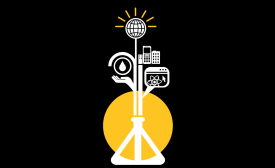conflict prevention
An increasing number of organizations have in recent years begun to advocate collaboration with religious leaders in order to resolve conflicts. Former French foreign minister Jean-Marc Ayrault and the Sant’Egidio community signed an unusual agreement on April 18. The convention explicitly recognized their “long-term collaboration” in various fields including interreligious dialogue, conflict prevention and the hosting of refugees.
On 28 November 2011, the NCCR North-South Centre for Development and Environment (CDE) based in Bern and the ETH North-South Center based in Zurich sponsored a half-day conference, “Water diplomacy: transboundary rivers and international politics” at the Museum of Natural History in Basel. It explored the theme of water as an instrument of diplomacy, in particular how water management can be used to solve diplomatic conflict and how diplomacy can solve water conflicts and improve resource management.
International paradigms, as realism and neoliberalism have historically defined the principles of international cooperation considering non-state actors as either negligent or influential. Hydro-politics, considers a new regime in which water can be considered by state and non-state actors as a new strategy to improve international cooperation. However, international law principles and the international water law framework seem to be working contradictory to the logics and schemes necessary for hydro-politics to become a successful platform for multilateral cooperation.

Insights from the 2010 Science Diplomacy Conference, from sustainable development to countering disease.







